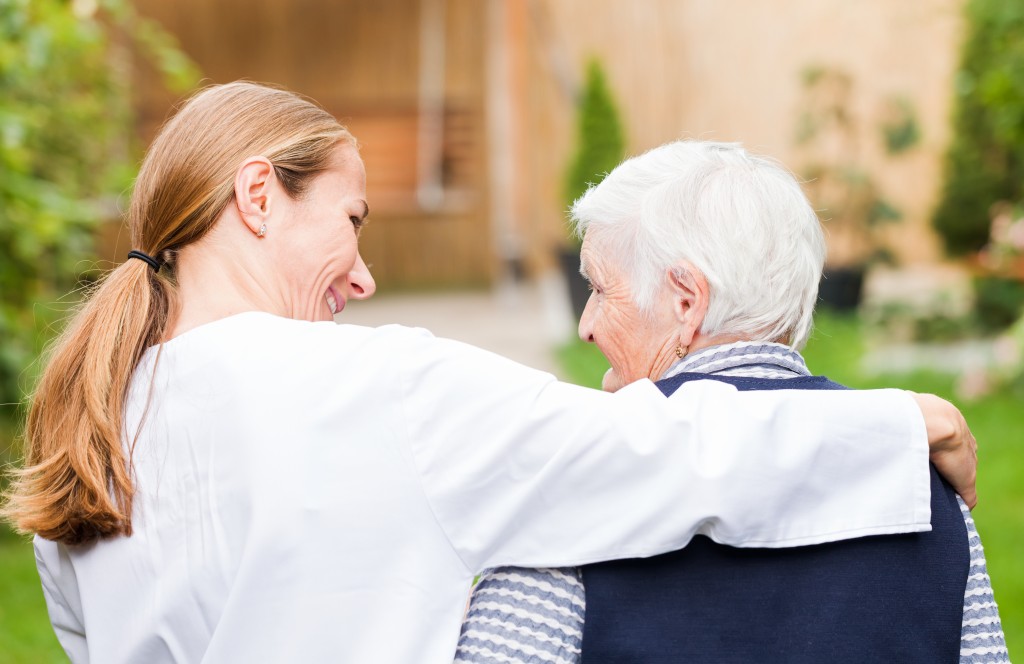It’s tough being a nurse in the U.S. during these times. It’s not just because of the pandemic (although it certainly is the most significant factor at the moment) but also a host of other factors like the need for health care reform, outdated regulatory laws for the nursing profession in some states, and a widespread shortage of nurses across the country.
Many nurses feel physically and mentally burned out as a result. To ease their burden, hospitals need to implement fair shift management or sign partnerships with healthcare-staffing agencies. These solutions can have lasting benefits for nurses. However, these are dependent on a healthcare facility’s commitment and ability to improve the working conditions for its staff.
If you are a nurse who’s experiencing all of these first-hand, you don’t need to wait for your employers or the government to take action. You can protect your well-being by practicing simple habits that promote your mental and physical health. Here are three things you can do:
- Make time for “me time.”
How many times has this happened to you? You clock-in for your shift, put on your scrubs and PPE, join on patient rounds, monitor patients, assist doctors conducting physical examinations and tests… and the next thing you know, six or more hours have passed and you were only able to sit when you had your 10-minute break.
Nursing is back-breaking work, and as someone who works hard every day as you do, you deserve to have some time to yourself, too. So on your days off, indulge in a bubble bath, get a massage, put up calming fragrances and music in your bedroom, take a long nap, watch a favorite movie or TV show, eat some chocolate cake, bake, or cook — activities that help you wind down and relax.
It’s best if you set aside an hour or so of “me time” each day so that your mind and body can take a break in-between your grueling work hours. De-stress and re-energize so you can be on peak condition when you’re on duty.

- Go out and breathe the fresh air.
Research shows that spending time in green spaces boosts people’s physical and mental well-being. The impact of being surrounded by greenery and exposed to natural light and fresh air is especially profound among people working in high-stress environments. Nurses certainly make the cut.
It’s harder now to go outdoors because of the coronavirus pandemic, but there are ways to get your daily dose of Vitamin D and fresh air while following quarantine rules in your city or state. You can, for example, take advantage of hospital courtyards. Even standing outside on the drive for five minutes — away from the hustle and bustle of the ER or the nurse’s station — can help you regroup.
Sometimes work can become so overwhelming that you need to take a break from it entirely. That’s why it helps to socialize with people who are not your co-workers or working in healthcare. You’ll be exposed to new topics and conversations and gain perspective about other people’s industries. You might realize, after talking to accountants, teachers, pastry chefs, engineers, or financial analysts, for example, that your career is truly the one you want despite everything you dislike about it.
On a less sentimental note, being socially connected is good for your mental and physical health. Psychologists warn that people who spend so much time alone might have a high risk of depression and a low quality of life. Social interactions trigger brain activity that sends sensations of happiness and pleasure, which is likened to “feeling good” when you eat your favorite desserts or wrap yourself up with a warm blanket when the weather’s cold.
Socialization also has a chemical effect on the brain. Studies show that there’s oxytocin triggers the release of dopamine in the brain. Oxytocin and dopamine, along with serotonin, are called the “happy hormones” because of the positive emotions they evoke when released in the hypothalamus.
These are three simple activities that can make a world of difference in your daily grind. Now more than ever, the public direly needs your care and dedication. Take care of yourself, first and foremost, because only then can you serve as you promised when you took your oath.

